Why Semmelweis?
Aliz Zsótér, Faculty of Health Sciences
1 / 14
"My mother is an obstetrician and due to her influence I have been interested in how the human body works since I was child. I flipped through the anatomy atlas frequently, I was curious all the time. There was no question that I would choose the medical field, and within that, it was the physiotherapy program that immediately appealed to me. As I near the end of my studies, I remain sure I made the right decision: the high quality of the education and the family-like atmosphere of the Faculty of Health Sciences convinced me."
Máté Tóth, Faculty of Dentistry
2 / 14
"Dentistry for me is a lifestyle. It combines healing with engineering science. I can design and create something while at the same time helping people. It fills me with pride that during my studies I came across many articles, books and publications linked to the university. It was the most defining five years of my life."
Márk Fábián, Faculty of Pharmacy
3 / 14
"The country’s best, world-renowned pharmacist training is here, where in addition to high-quality education there are also opportunities for individual research. I am a member of the Frigyes Korányi College for Advanced Studies and in my second year I joined the students’ scientific association program of the university, thus I was able to get a look at the profession before my resident training or PhD studies. The research projects give you an opportunity to acquire a lot of added skills, which provide a competitive edge on the job market."
Melitta Molnár, Faculty of Health and Public Services
4 / 14
"I was always interested in how the health care system worked. I would like to contribute to improving the quality of patient care in Hungary, that is why I chose the Faculty of Health and Public Administration. I am very satisfied, the professors here are helpful and despite this being a small faculty, the training is very high quality. My plan is to gain a few years of professional experience before starting the Master’s program, also at Semmelweis."
Dóra Dénes, András Pető Faculty
5 / 14
"I’ve always wanted to work someplace where I can help people, and I was immediately interested in the András Pető Faculty’s conductor training program. I like that I can help others using a Hungarian method that is sought-after and well-known worldwide. The faculty’s training is very practice-oriented, as we applied the skills that we learned in theory already in the first week of the first year. The fact that I can be assured in my professional skills gives me self-confidence."
Bence Áron Benedikti, Faculty of Dentistry
6 / 14
"The past three years have proven that I made the right choice after graduating high school. Semmelweis was a good choice not only because of the institution’s name and reputation but also because of the exceptionally strong and high-quality practical training it provides. The knowledge I gain here will allow me to practice my profession with confidence once I get my diploma. I am primarily interested in oral surgery, which is an exciting field full of challenges, plus I will have an opportunity to perform operations, which is something that I have always wanted to do."
Jennifer Adeghate, Faculty of Medicine
7 / 14
"Semmelweis University offers lots of opportunities for students, including research, working in the Students’ Scientific Association or volunteering. I learned a lot and made a lot of progress in the years I spent here, and I believe that everyone can get something out of this university. I am proud to have gotten my diploma here."
Ernest Adeghate, Faculty of Medicine
8 / 14
"Semmelweis University is a world-class institution, I loved studying here. In addition to gaining extensive knowledge and comprehensive skills in the medical field, I became a real adult while I was here in Hungary, while I also made lifelong friends within the walls of the university."
Anna Lili Szirmák-Valent, Faculty of Health Sciences
9 / 14
"I originally wanted to be an actress but when I had to finally decide I realized that it is health care that I am interested in. From there it was a simple choice, as for me being an obstetrician is one of the best professions among those that help people. It is a job where I can definitely be a useful member of society and one that will be in demand in the decades to come as well. I like studying at Semmelweis University, I love the atmosphere of the Faculty building, and it is good feeling going to classes here. I am very excited to start my clinical practice."
Cintia Szabó, Faculty of Health Sciences
10 / 14
"In high school I got to like biology and chemistry but I didn’t want to go too deep into pharmaceutical sciences. I am going to be a public health supervisor and my career is taking clearer shape from day to day. Semmelweis University is an elite higher education institution, which is definitely an advantage on the job market. Whenever people ask me, I am proud to say the name of the institution, and it feels good to see the appreciation in their eyes. In addition to my studies, I am also the president of the faculty’s students’ union, and I am also active in the Instructor Self-Active Group. For me, it was important that the university I choose to go to should have a very active community life."
Gusztáv Rostás, Faculty of Medicine
11 / 14
"Until the end of the eighth grade I was just drifting aimlessly, I wasn’t interested in anything just playing football all day. The turning point came when I had knee surgery in my teens. The empathy and professionalism of the doctor who operated on me impressed me immensely, and I felt this was what I had to do as well. The University of Szeged would have been a more logical choice, but to my immense luck, the Roma Medical Education Program was just starting at Semmelweis University, so I had an opportunity to get into an internationally renowned elite institution. The training program is very difficult, we have to study a lot, but my plan is to become a family doctor once I get my diploma. I would like to help in areas where Roma live, where medical care is limited or entirely missing."
Emese Pongrácz, András Pető Faculty
12 / 14
"Ever since I was a teenager, I’ve gotten along well with the kids who lived near me, but a career as a traditional teacher never really appealed to me. However, at the András Pető Faculty of Semmelweis University I can get a special diploma that only few people in the world have. Within conductor training, I chose a specialization in kindergarten education, because I believe it is in this life stage that I can help disabled children most effectively. During my practice I witnessed marvelous improvements, which is an indescribable feeling that always gives me new momentum to continue my work."
Pedro Leroy, Institute of Translational Medicine
13 / 14
“Semmelweis caught my attention when I was looking for a university to pursue my PhD. I was drawn by its international reputation and the wide range of opportunities it had to offer. As courses run in English, German, and Hungarian, and I work in a multicultural research group, the language barrier has never posed a problem. I appreciate the creative freedom, the methodological and financial support I receive, and the cutting-edge technology I have access to. I feel at home here in Budapest, a livable city that reminds me of my hometown.”
Faraz Khayati, Faculty of Pharmaceutical Sciences
14 / 14
“I chose Semmelweis University because it has everything a student could wish for: It is located in an EU country, provides high-quality education, and has a welcoming international environment. Professors are approachable, encourage curiosity, and are always ready to provide accurate answers. Pharmaceutical sciences are my favorite field because they offer diversity and encourage creativity. Whether working directly with patients or in corporate settings, there is flexibility to choose your path, and financial considerations often play a more prominent role here than in other fields.”
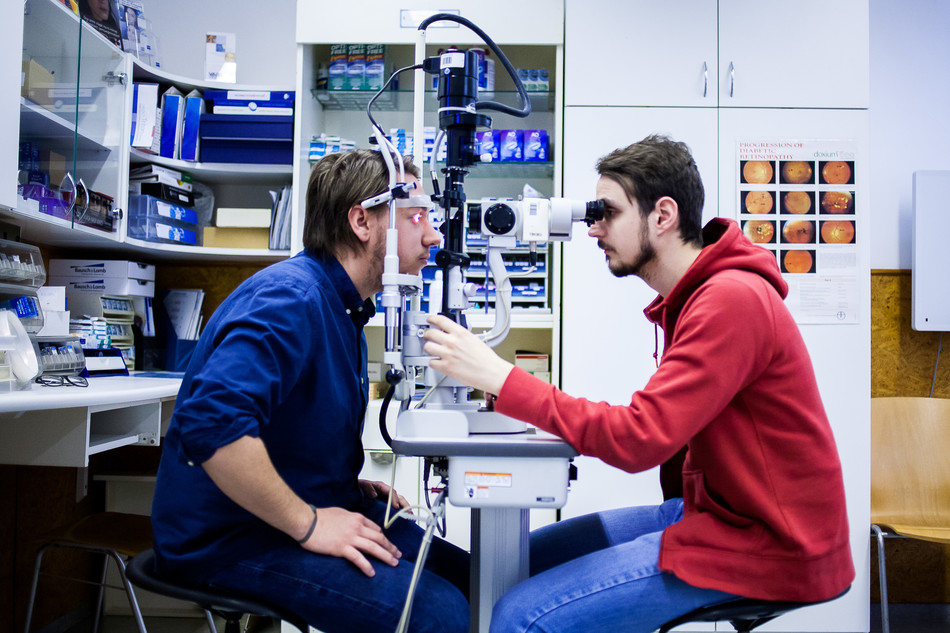
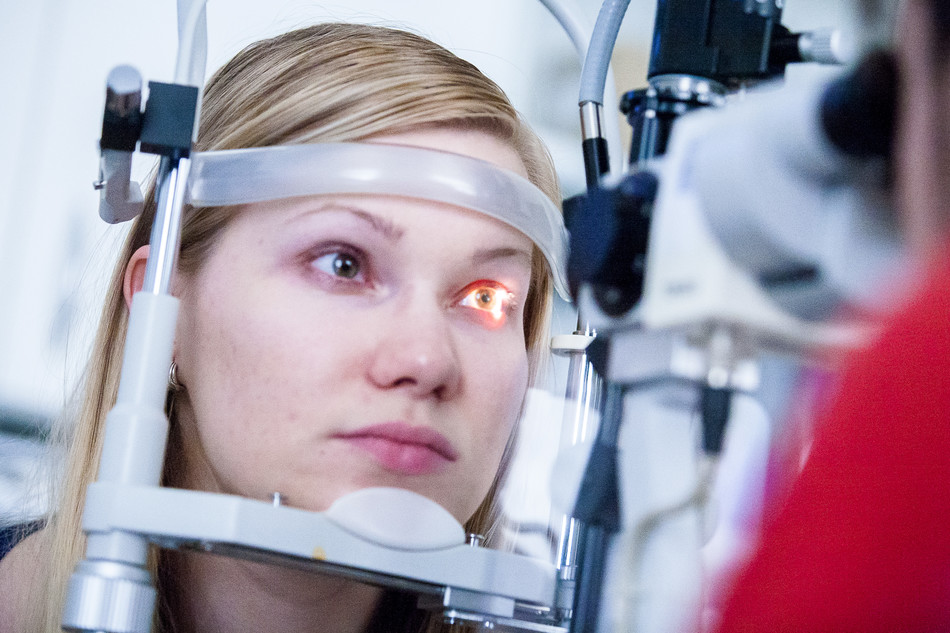
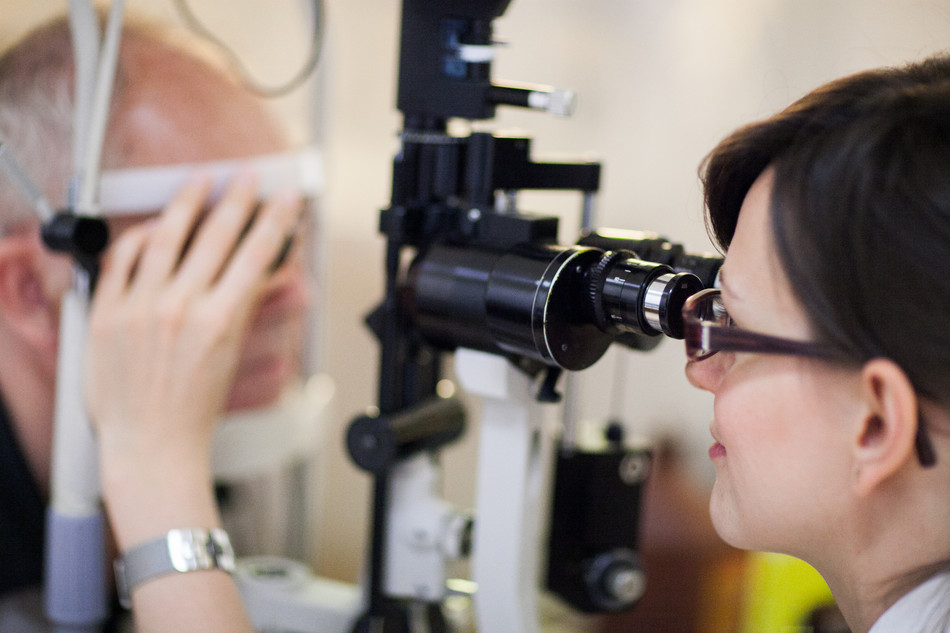
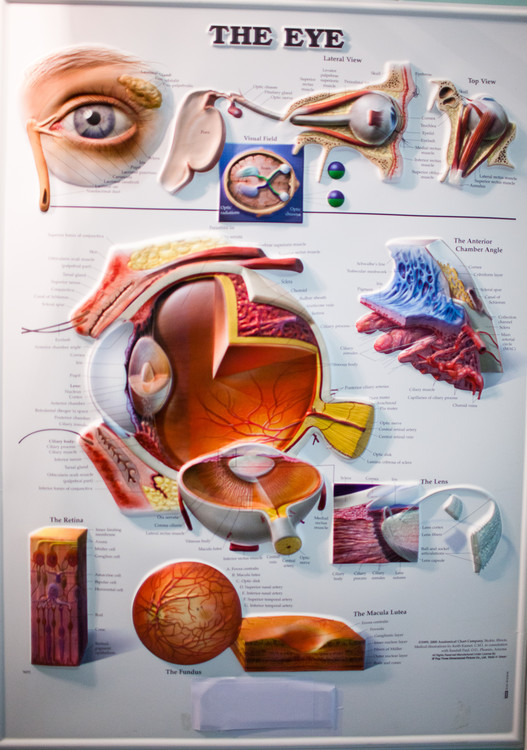
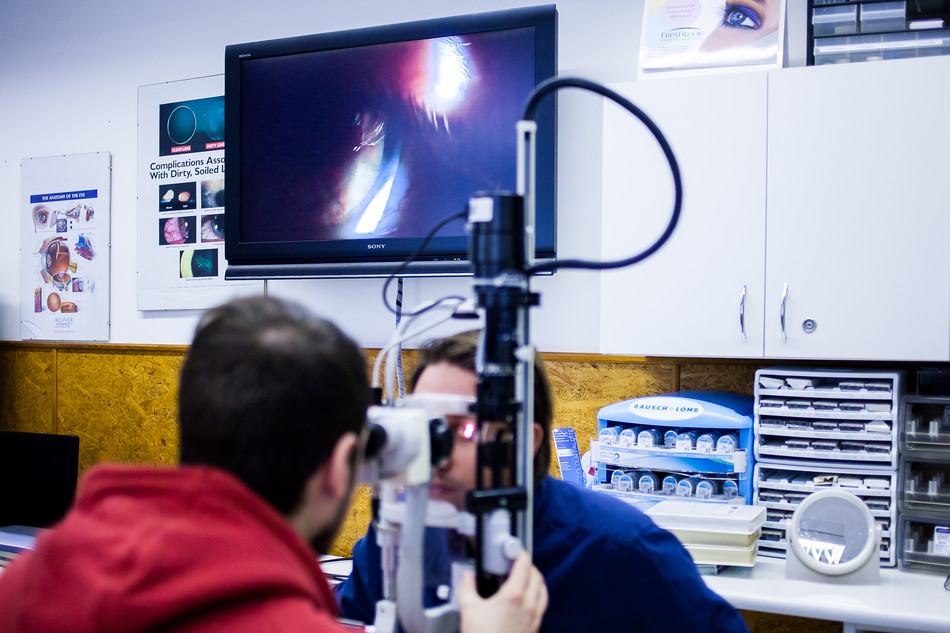
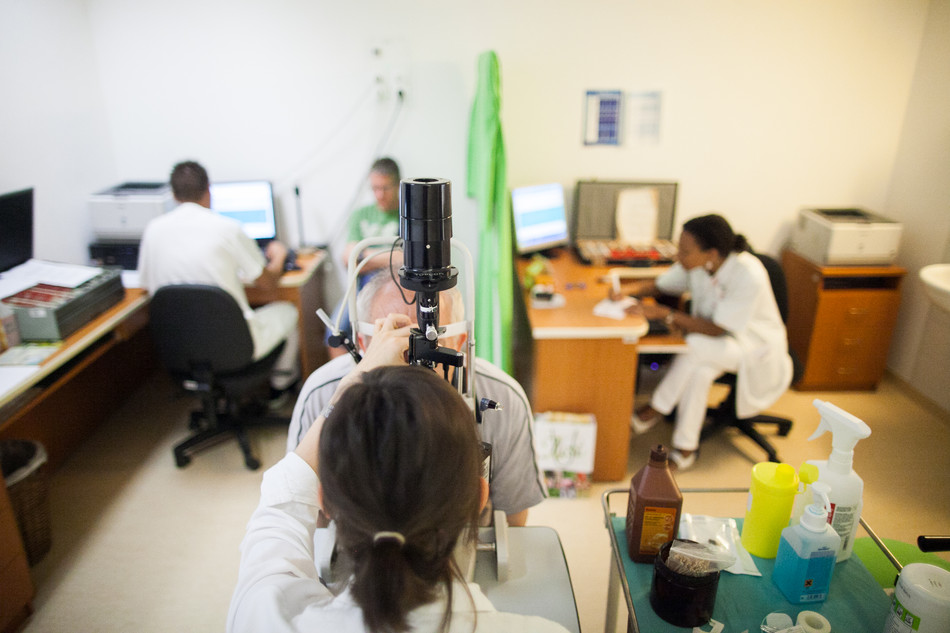
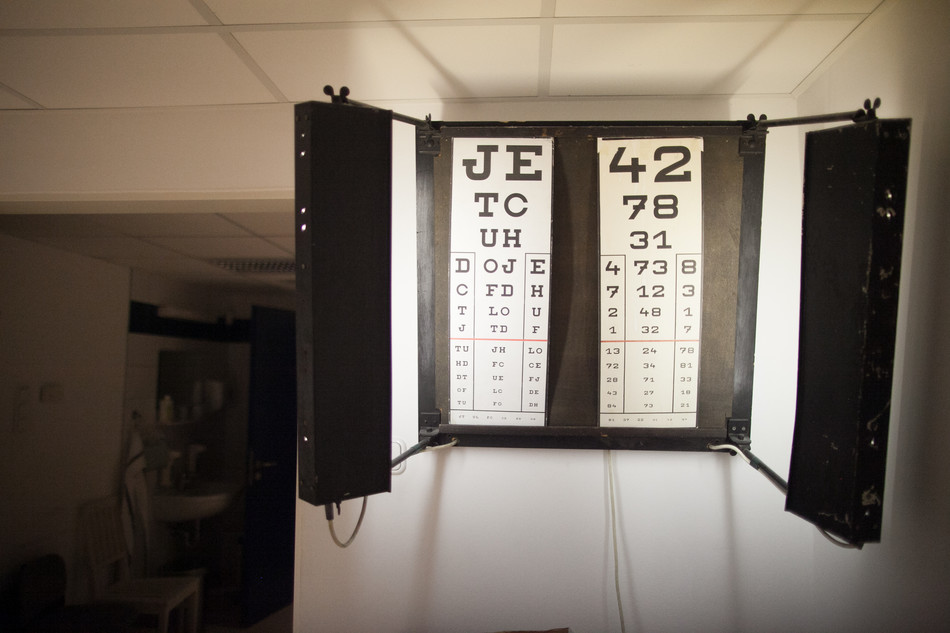
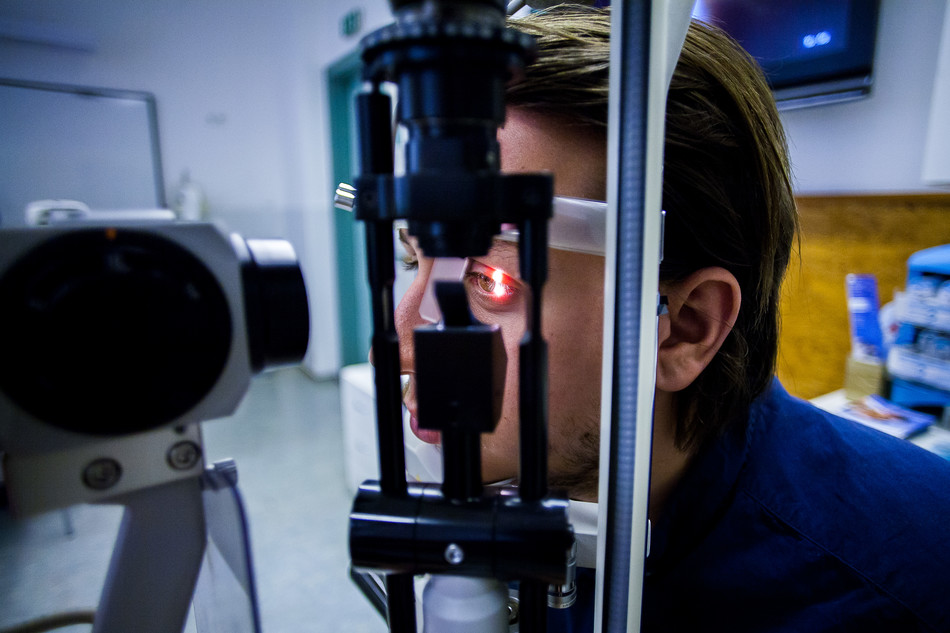
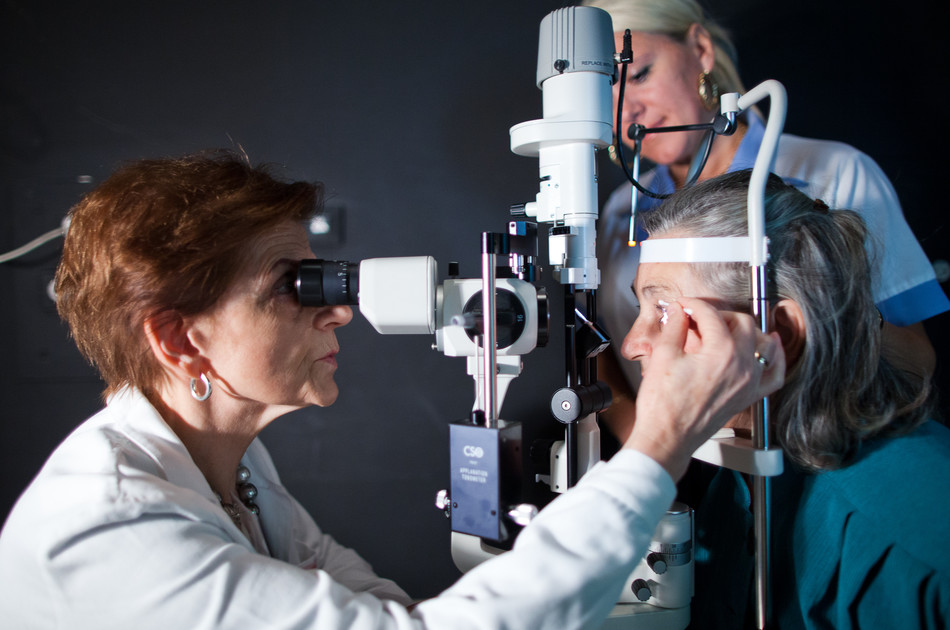
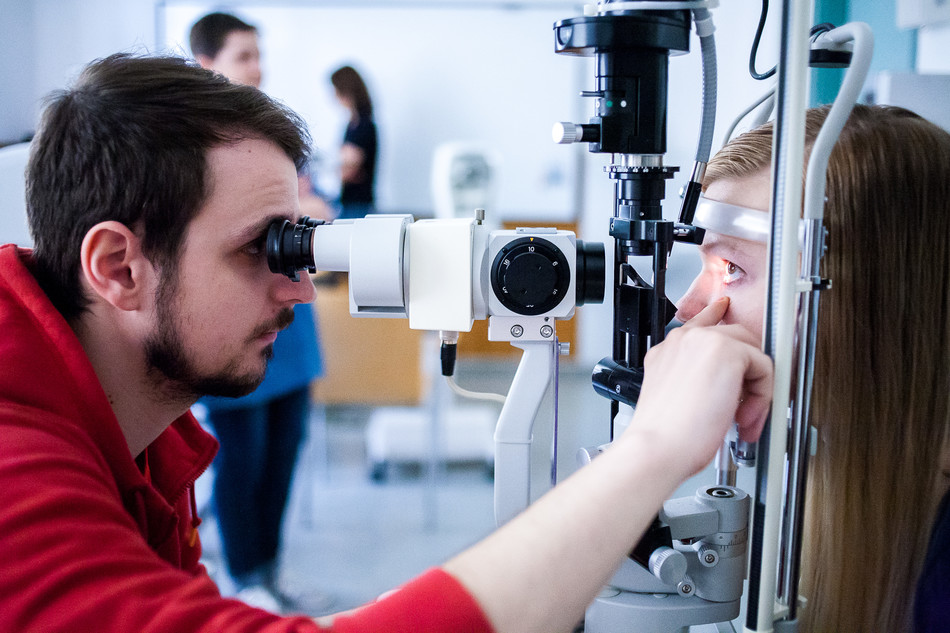



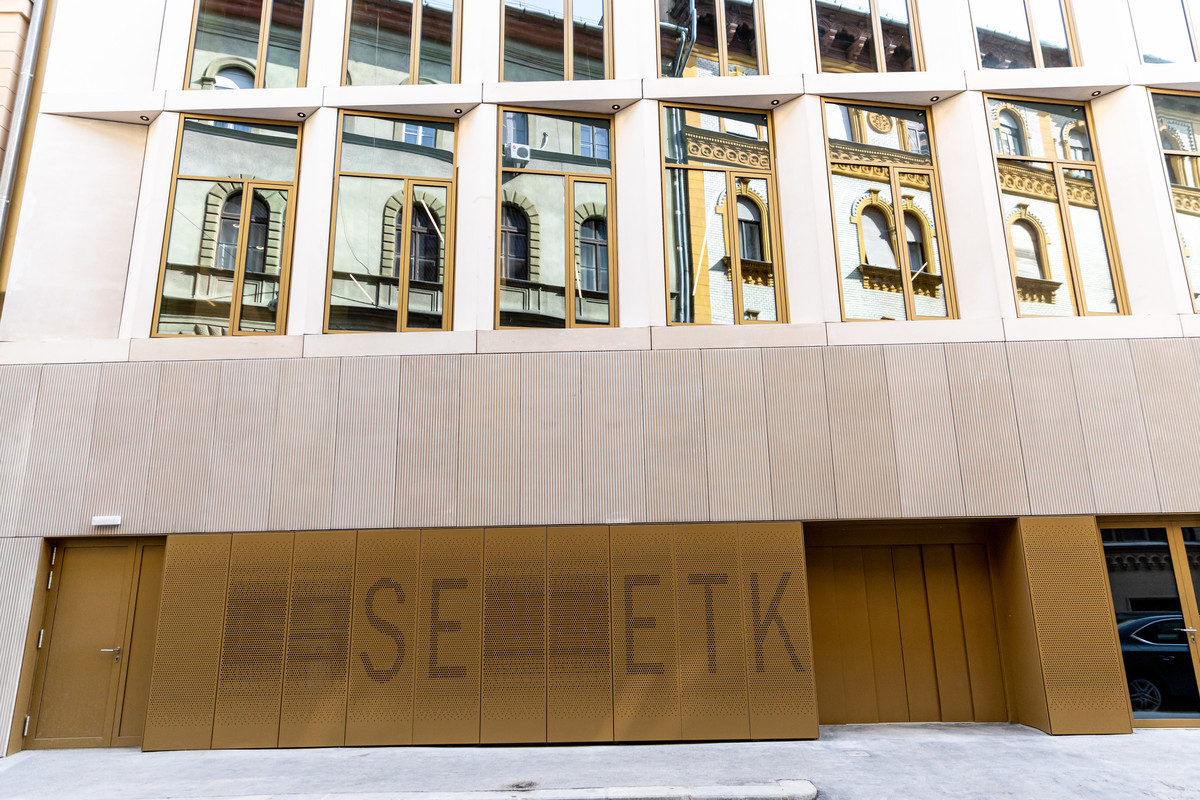

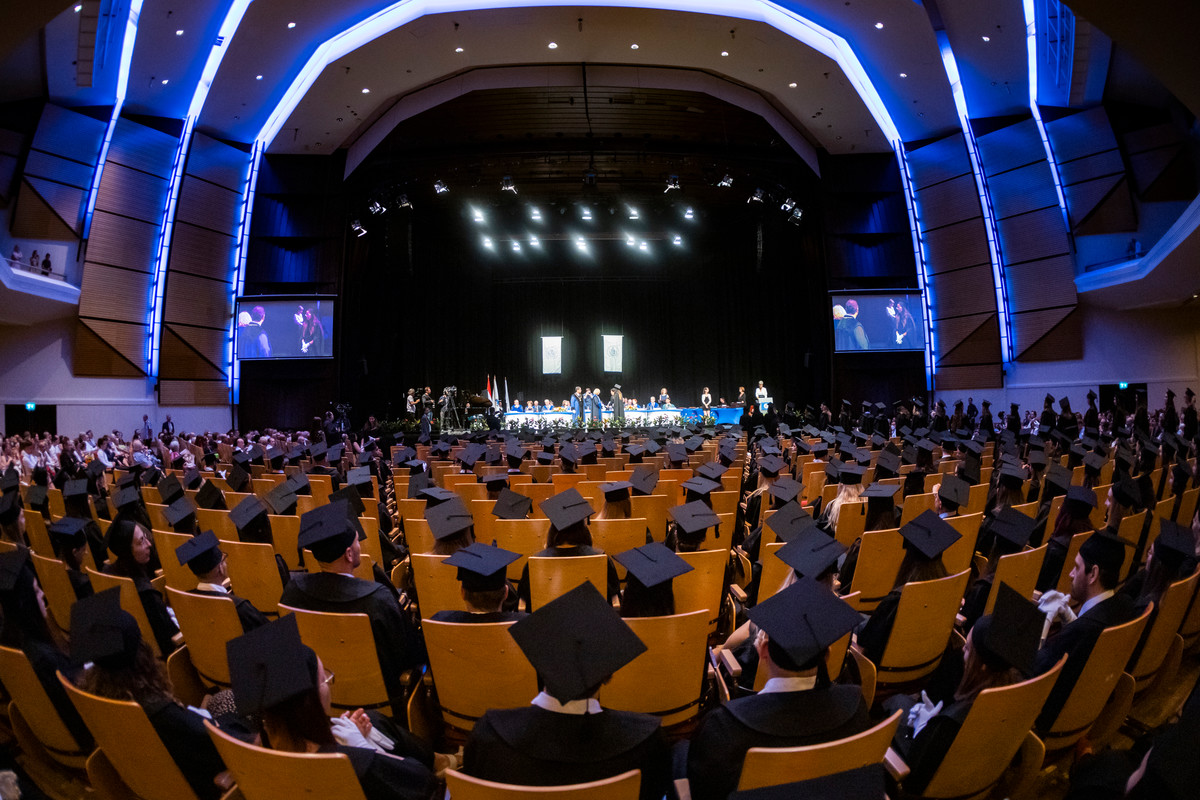
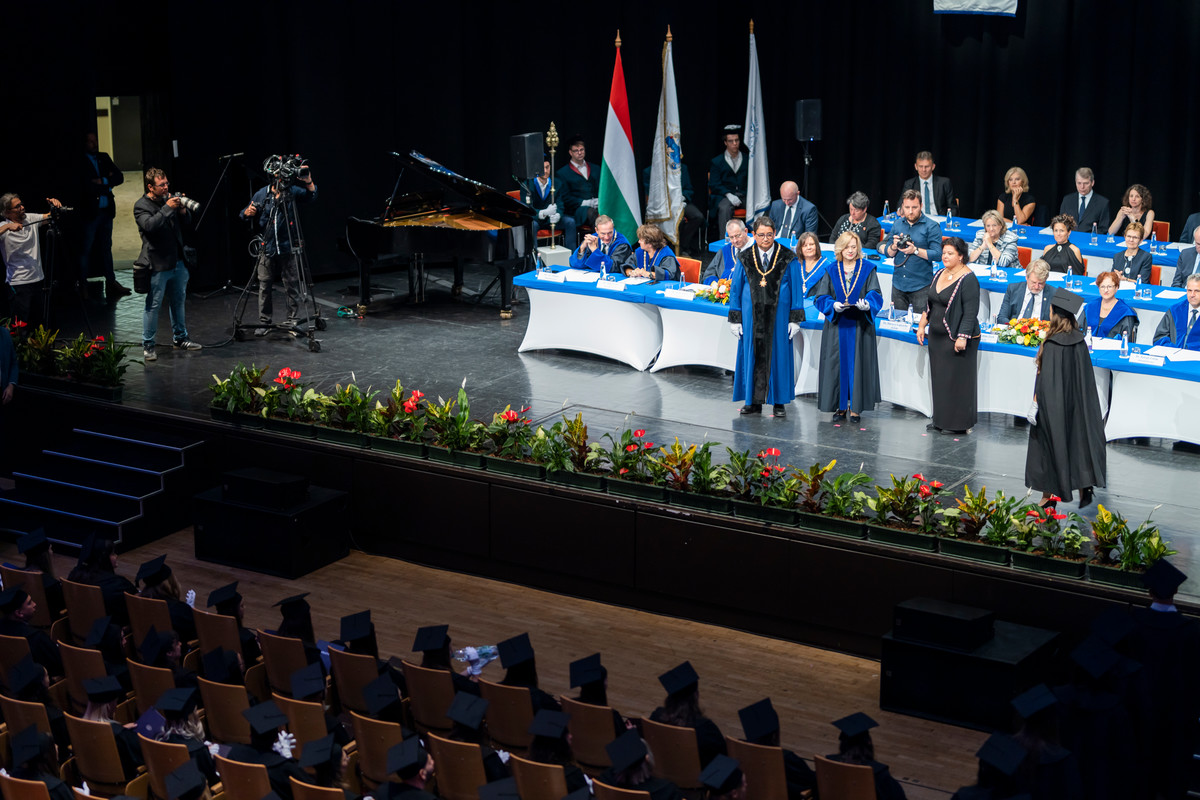









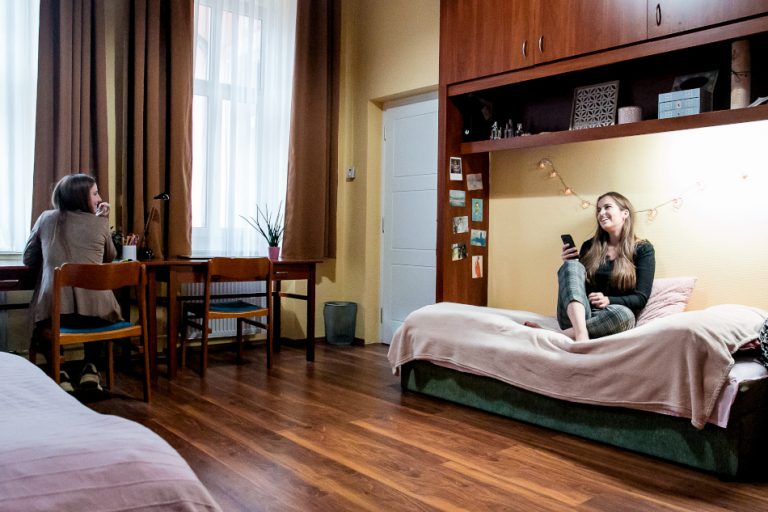


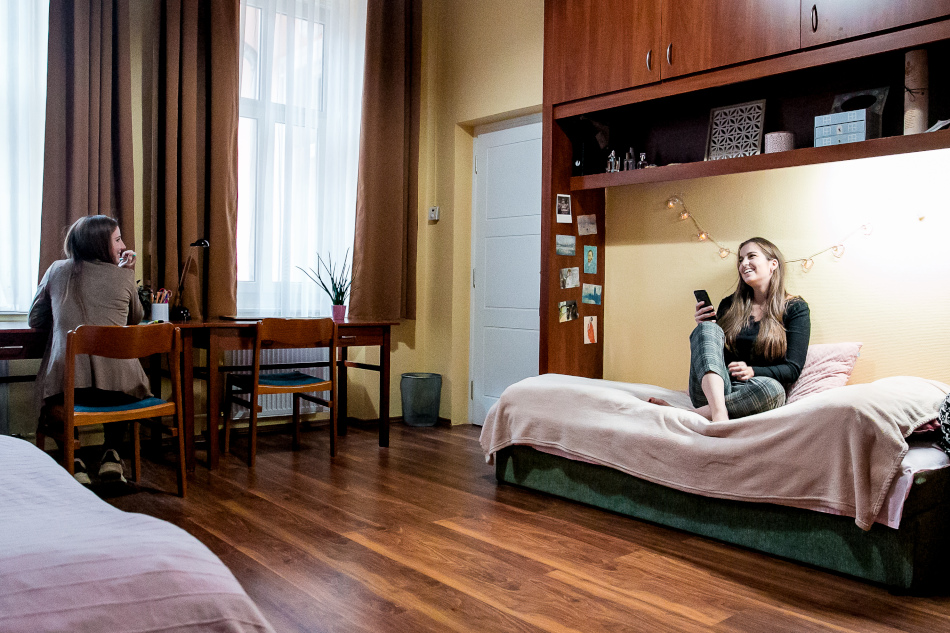



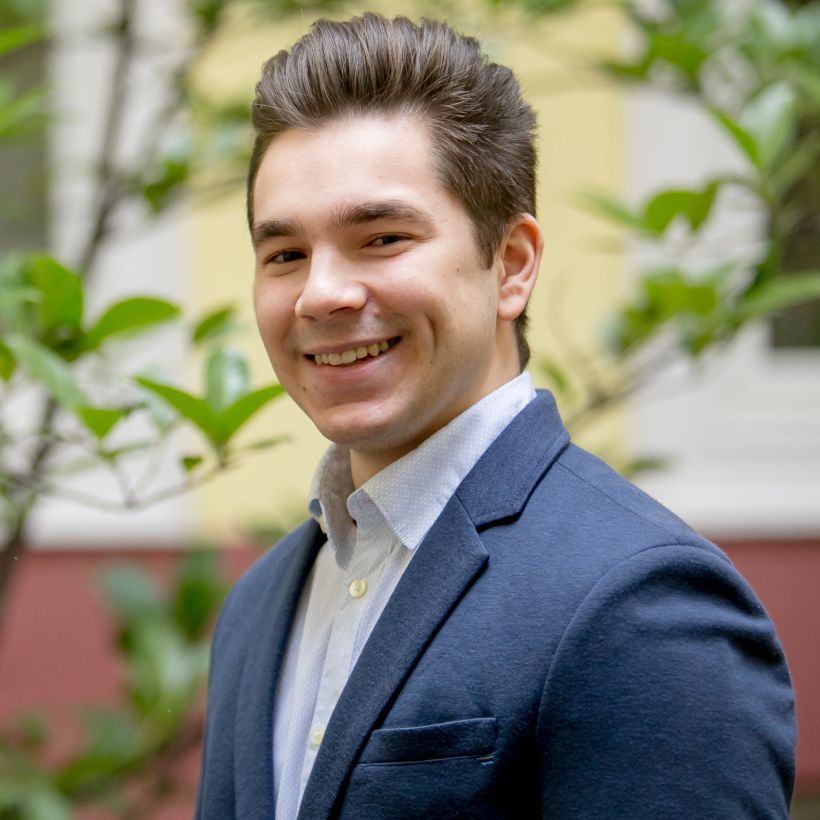
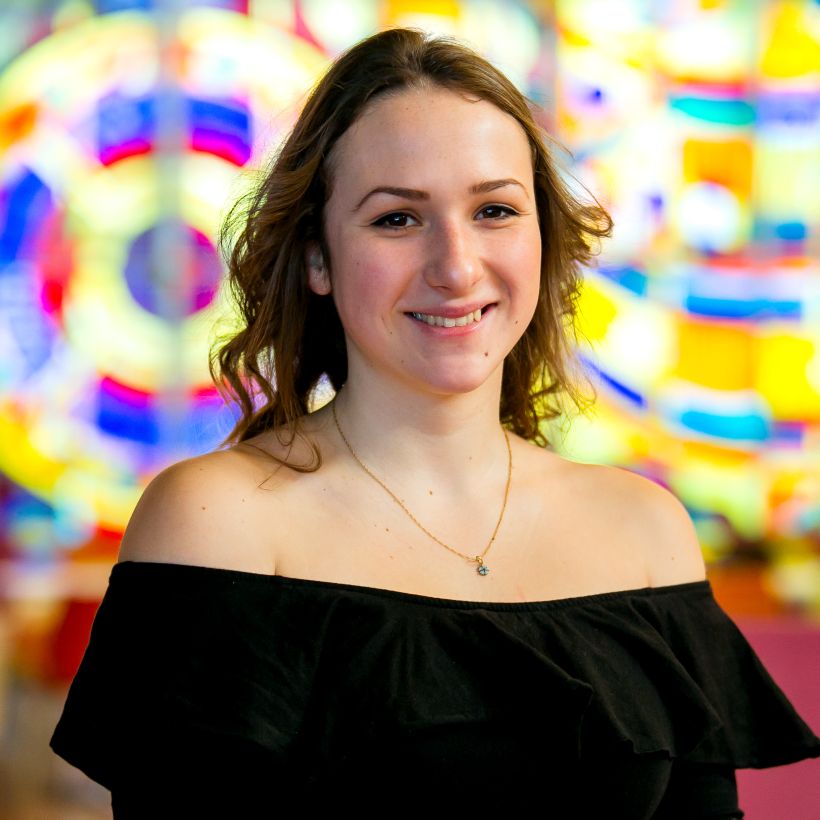
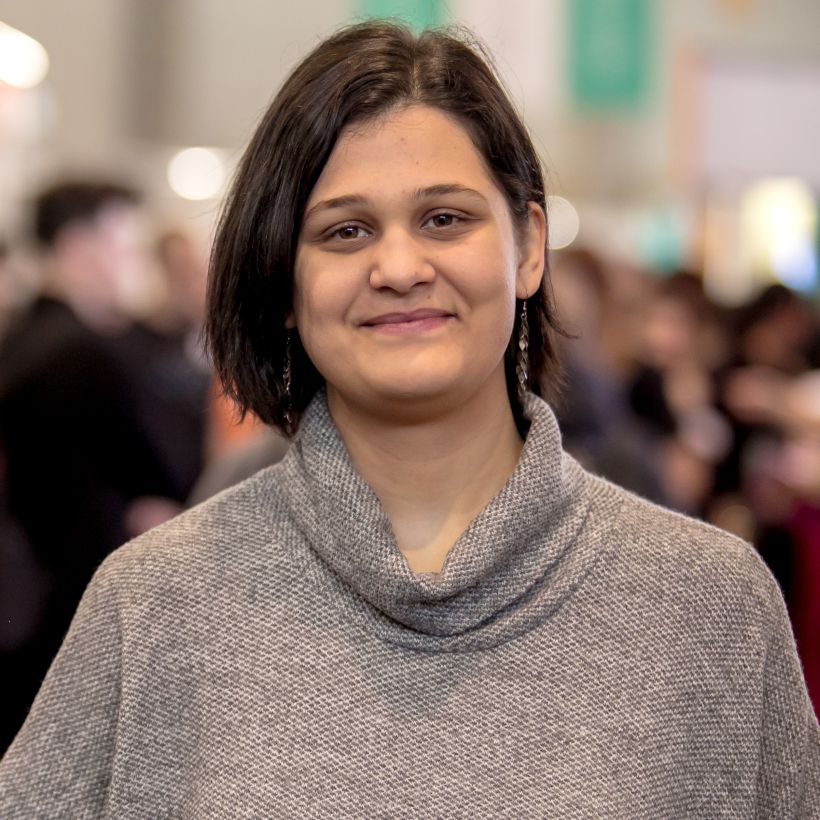
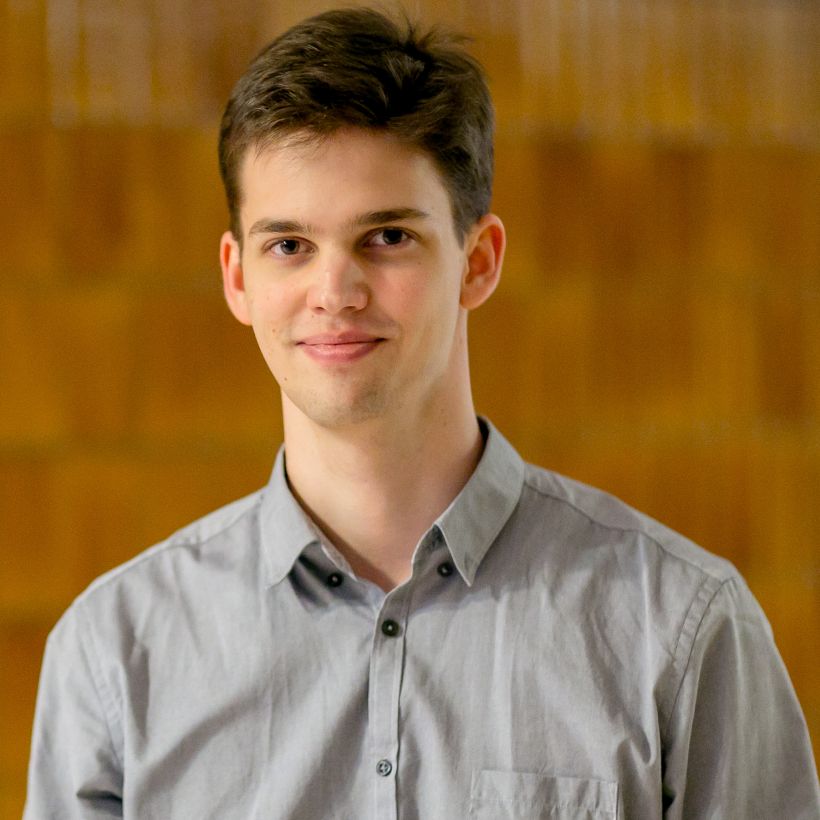


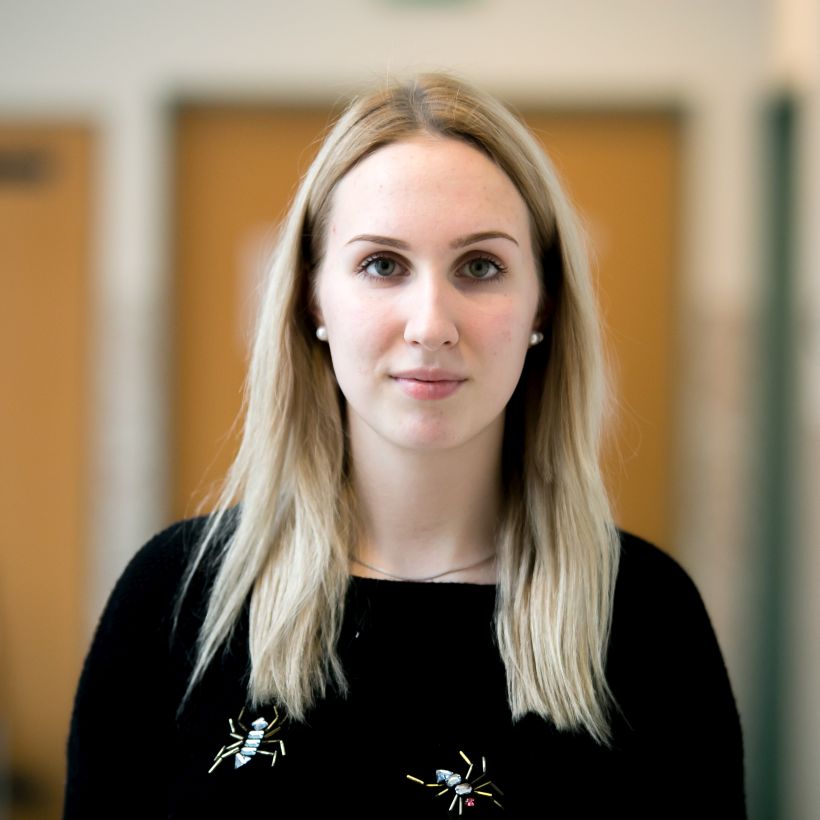
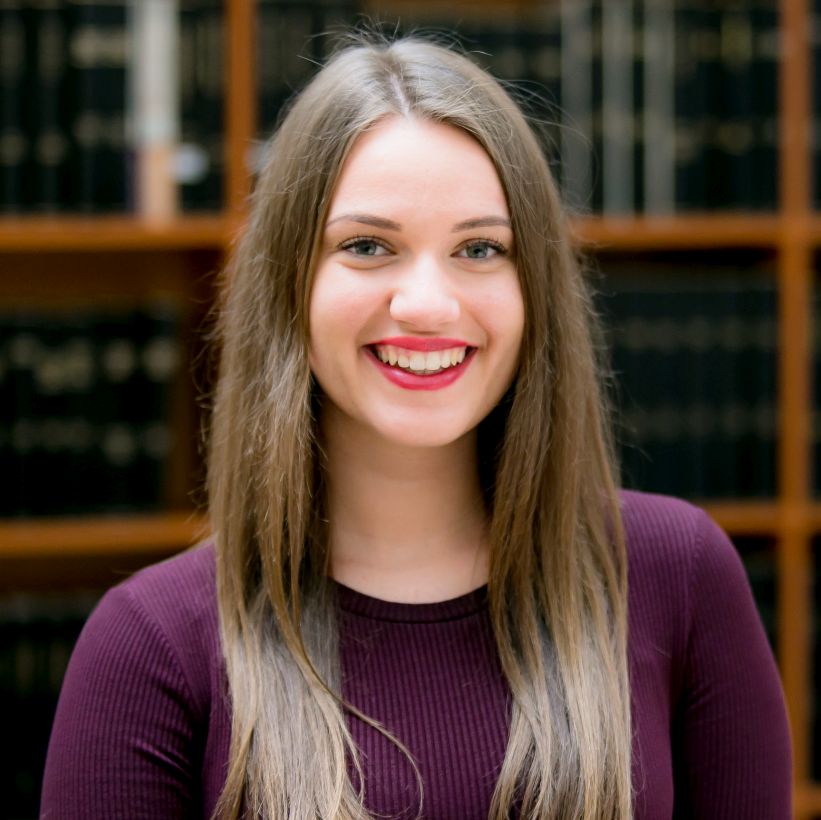
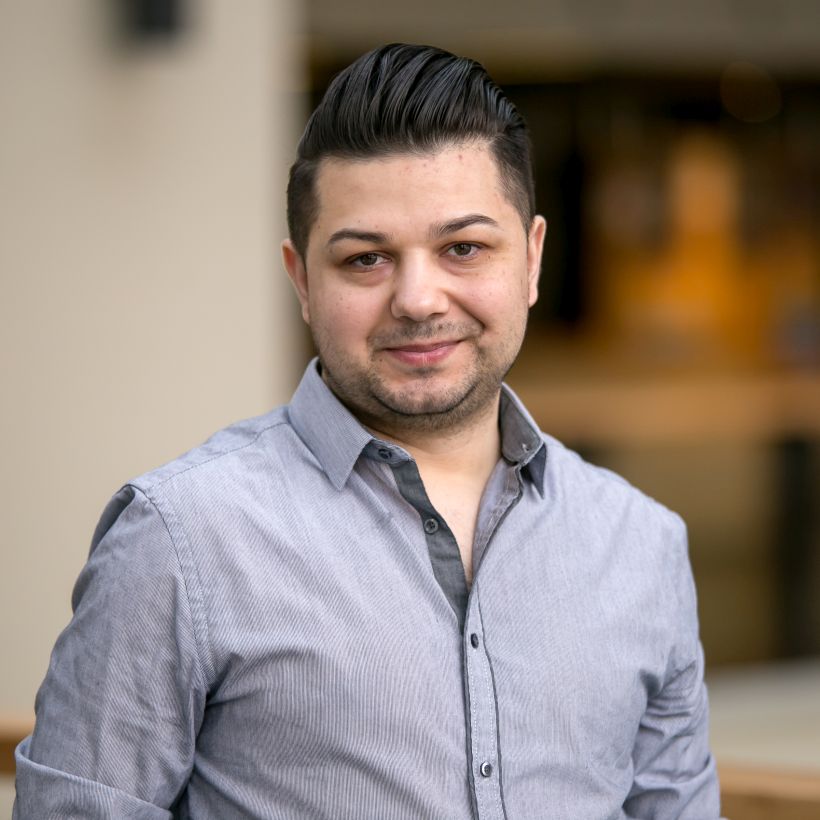

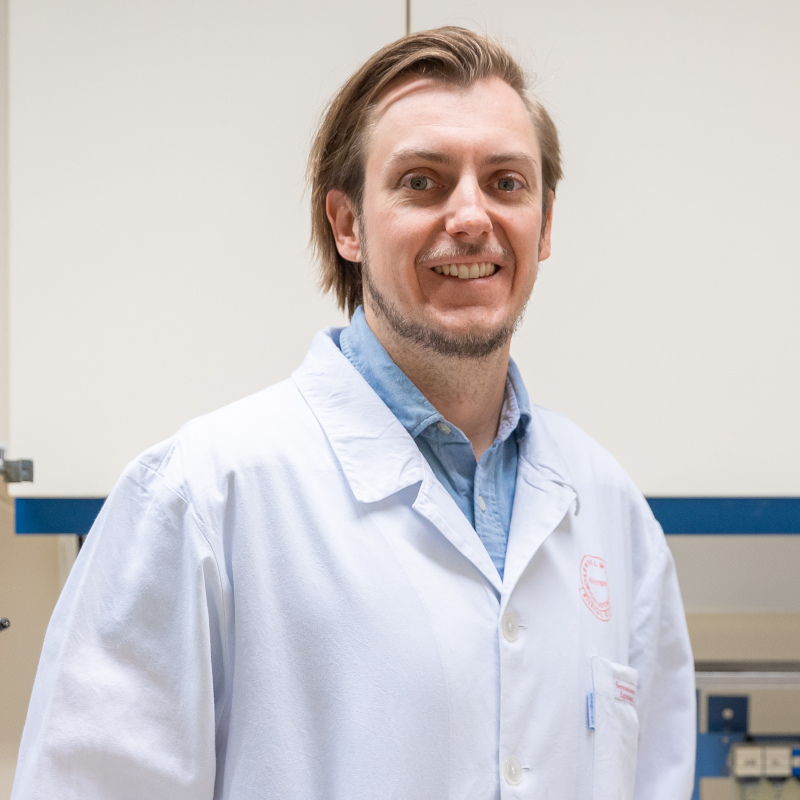
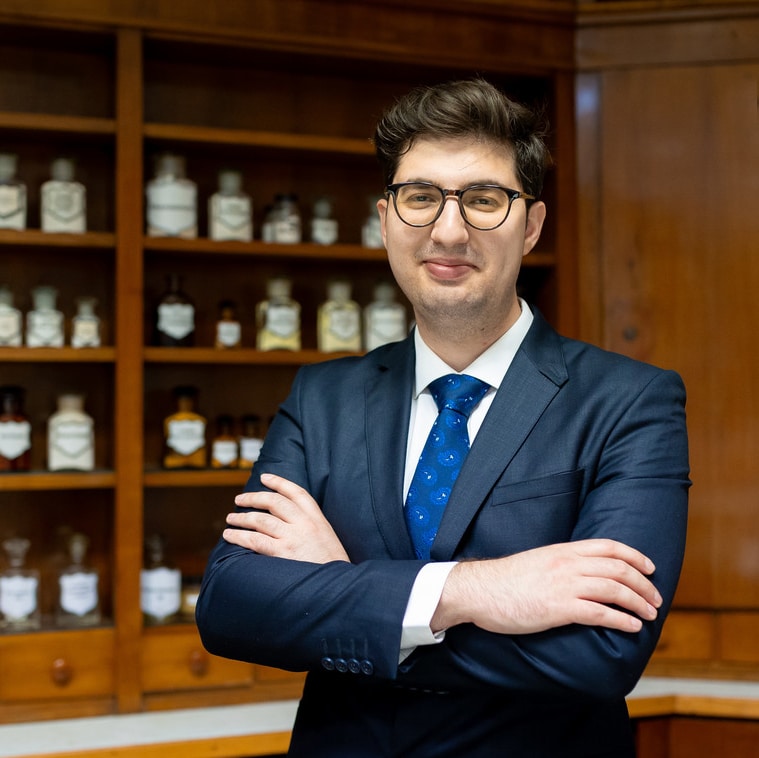
Scholarships
Frequently asked questions
Rules and Principles for Application and Admission (pdf)
Read more about the Faculty of Health Sciences